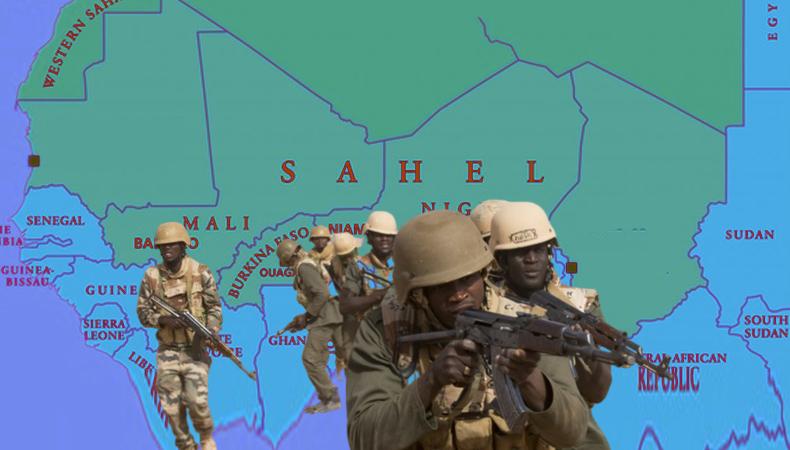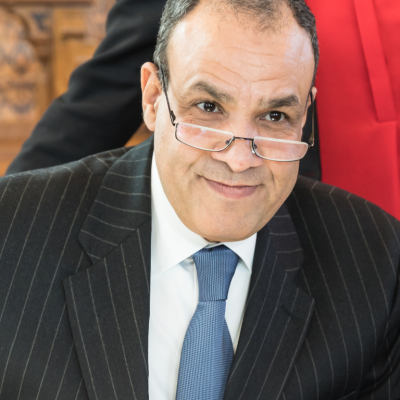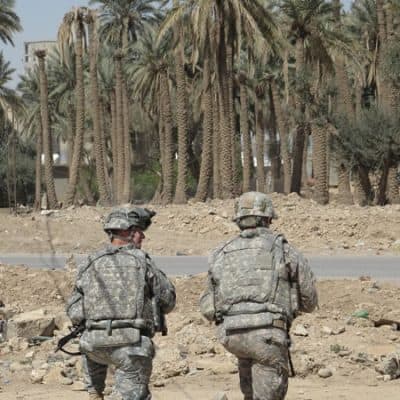Africa Coups, Politics and Economic Tensions Destabilize Sahel Region.

The coups and ensuing political crisis and economic tensions in Mali, Burkina Faso, Guinea, South Sudan and Niger has destabilized the Sahel region. Military juntas and regimes are engaged in corruption, violence and mismanagement of funds. And this has given rise to armed separatist and jihad movements.
Violence increased after the juntas forced UN peacekeepers and foreign countries to withdraw their troops that were helping fight militants and jihad groups. Various data reports highlight that more than two million people in the Sahel region have been displaced and thousands have been killed in conflict.
This has sent a wave of migrants from the coup-torn countries to North African and Arab countries, as well as Europe. And people smugglers have also taken advantage, exploiting the crisis.
Moustapha Saleh, an expert specializing in migration and illicit economies in North Africa and the Sahel, at the Global Initiative against Transnational Organized Crime, says smuggler have found alternative routes and methods to cross into the country.
“The new Nigerien authorities seem to tolerate these bypass routes, enabling migrants to continue their journey to Algeria and Libya.”
Uncontrolled Migration Flows from Sahel Region
Years and months of conflict and coups have seen uncontrolled migrations from the Sahel region to North Africa and Europe, and more tragic drowning incidents in the Mediterranean.
Late last month, Italy recorded a surge of migrants, more than 12,000, on Lampedusa in a single week.
The Italian island declared a state of emergency as its 6,000 local population raised alarm over fear of losing their homes to the migrants. This caught the attention of Italy’s Prime Minister Giorgia Meloni and the EU to resolve the migrant crisis.
Niger’s Law 36-2015
Kerem Schamberger, an expert on migration issues at Medico International, a German human rights organization, said before the Niger coup the same military leaders who grabbed power had effectively implemented the EU’s anti-migration policy in Niger.
There’s also relaxation of restrictions at checkpoints for migrants en route to northern Niger.
Schamberger said before the coup, migrants faced substantial obstacles and stringent controls.
Keep Reading
Highlighting the anti-migration legislation “Law 36-2015”, the expert pointed out that it was illegal for migrants to travel from southern Niger to the north. Law 36-2015 made migration routes through the Sahara Desert more perilous.
Migrants were forced to take dangerous routes through the desert, and this resulted in deaths due to thirst and starvation.
The state of the Sahel region is because of widespread corruption in the countries.
Experts say patrimonial management of states contributed to widening the gulf between the political elites and their constituents. It has destroyed the livelihoods of millions of people.






